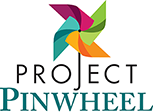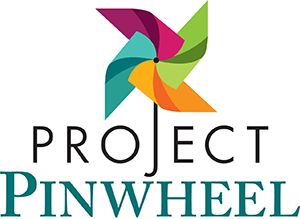The Importance of Consent,
Equality & Coercion
Some sexual behaviors are illegal but not abusive, while others may be abusive but not defined by law as “offenses.” Since abusive behaviors cause harm even if they are not illegal, don’t use the law as your guide. If you observe sexually abusive behavior you need to take action. Remember, a child can’t consent to sexual contact with an adult so all sexual contact between an adult and a child is illegal, period.
Sometimes it might not seem as clear when evaluating sexual behaviors between children. However, if you use the guideline below for sexually abusive behavior which considers consent, equality and coercion, it is much easier to decide how to respond.
Sexually abusive behavior is:
Lack of Consent + Lack of Equality + Coercion = Sexually Abusive Behavior
In simple terms, is the action mutual, voluntary and wanted?
First, what does the law say?
6 Types of Illegal Sexual Behavior
- Sexual Contact which occurs without consent, with an unequal partner or as a result of coercion. (Sexual abuse, molestation)
- Sexual contact with a child by a person in a position of trust. (Babysitter, position of authority over child)
- Incest. (Sexual contact with a family member)
- Rape. (Forced/violent/aggressive and including penetration)
- Non-contact sexual offenses. (Peeping, exposing, obscene phone calls/texts, taking photographs, sharing pornography, stalking)
- Sexual Harassment. (Unwelcome sexual advances, words or behavior which causes one to feel uncomfortable or unsafe.)
What is equality among kids?
Similar size, age, intellect, strength, power, authority, popularity, relationship, role, etc.
3 Elements of Consent among kids:
- Similar Knowledge
- Knowing what is being proposed
- Knowing the possible consequences
- Knowing the standards in the community
- Free Choice – without consequences for refusal
- Mentally Competent – neither party intoxicated, passed out, asleep, etc.
What type of coercion tactics do kids use?
- Pressure
- Trickery
- Bribery
- Threats of loss of relationship or esteem, Privilege
- Manipulation
- Force
- Violence

